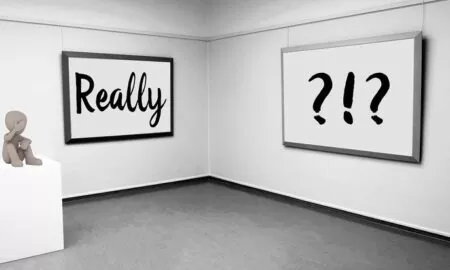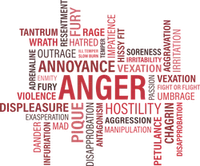The Southdowns Psychotherapy Blog
Unlocking Minds with Transactional Analysis Insights: Where Professional Guidance Meets Personal Growth

Psychotherapy at Bluecoats Sports Club Horsham
Southdowns Psychotherapy is also now at Bluecoats Sports Club in Horsham I am pleased to announce a second location for Southdowns Psychotherapy. In addition to a base in Washington, I…

The 5-4-3-2-1 Simple Tool To Reduce Anxiety and Stress
5…4…3…2…1 – 5 Simple Steps When anxiety takes over and threatens our peace of mind, we can feel overwhelmed and it can be difficult to stay in the moment. The…

Myths About Suicide
The 10th September was World Suicide Prevention Day. World Suicide Day is an annual day to encourage awareness about the single biggest killer of men under the age of 45…

How Should We Be Talking About Suicide?
Today is World Suicide Prevention Day. World Suicide Day is an annual day to encourage awareness about the single biggest killer of men under the age of 45 today. As…

Why You Will Never Get Over the Death of a Loved One
The myth that you can get over the death of a loved one is just that, a myth. Grief isn’t a tick-box exercise that you can experience and say you’ve…

Is Sex Addiction Really a Thing?
Sex is a normal human experience and is generally embraced and encouraged by society. These days is an area fully encouraged by the media and society to the point that…

Why Psychotherapy is Vital in Treating Depression
These days depression is so common that at any some point in our life we are bound to encounter someone experiencing some form of depression or experience depression ourselves. 1…

Anger vs. Aggression: What’s the Difference?
Anger is an acceptable feeling. Aggression is a behaviour. For many, anger is a problem feeling. It gets a bad name and is considered tricky and challenging to address and…

How to choose a therapist
It may not be difficult to come across multiple listings of therapists who are local to you – but how do you go about deciding which one is right for…

5 Things to Consider When Starting Therapy
So, this is it. You’ve thought about looking in to having counselling for a while. You’re now at the point where you’ve had a look online and started to identify…
Ready to Make a Change? Book an Initial Consultation Today
If you have any questions at all about therapy or would like to make an appointment, get in touch. I will usually be able to respond to you within 24 hours.
